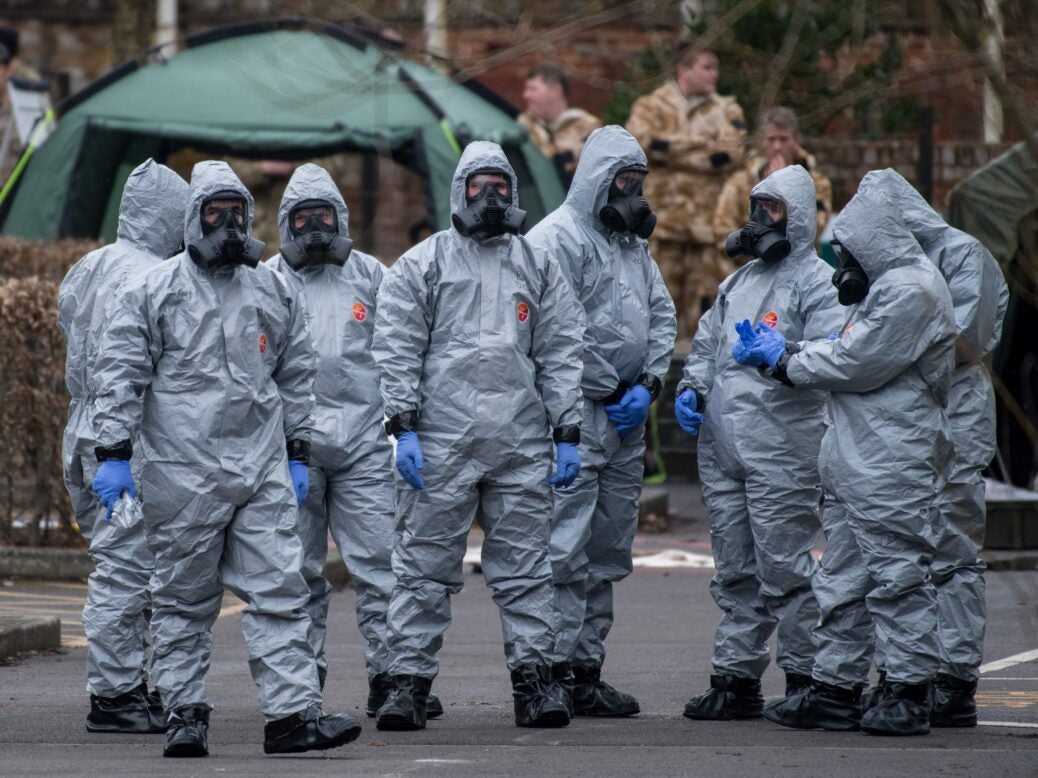
Russia’s involvement in Sergei Skripal’s attempted assassination has inadvertently engineered a new awakening of European fraternity, writes Alec Marsh
Amid the terrible seriousness and reckless human horror of the Skripal affair, there is one silver lining. For quite apart from bringing Anglo-Russian relations to a new post-Cold War low, the attempted assassinations in Salisbury have reminded Europe what it’s about.
Through sheer hubristic aggression of the Russian state — and the poisonings of Colonel Sergei Skripal and his daughter Yulia, and a policeman, with the Novichok nerve agent in Salisbury — Vladimir Putin has managed to get Europe’s leaders on the same page.
Spear’s readers with longer memories will know that the European Union wasn’t only created to prevent war between European nations or seek to add extra hundredths of percentages to quarterly GDP growth figures. It was also conceived as means of helping Western Europe forge a democratic bulwark against the aggression of the Soviet Union — an aggression that saw Russia impose it rule over Eastern Europe for 40 years. For this reason, the EU and its predecessors have been generously supported by both the US and here, even by those who were nonetheless sceptical of UK involvement in what began life as the European Coal and Steel Community in 1951. For some in Britain, the unravelling of the Soviet empire and relative humbling of Moscow in the 1990s, clearly signalled a cooling on the European project.
Yet against the context of the recent Brexit dramas, when Angela Merkel, the German chancellor, and Emmanuel Macron, the president of France, joined the US president, in supporting Britain and issued a joint statement roundly condemning Russia for the attempted assassinations in Salisbury, something important happened.
Writing earlier this week, Patrick Wintour, the Guardian’s estimable diplomatic correspondent, noted that the Skripol affair underlined ‘the extent to which UK’s post-Brexit foreign and security relations with the EU remain unresolved’. Well now we have an answer.
‘The level of EU engagement with UK requests for help over Russia may influence the atmosphere of the Brexit talks,’ added Wintour, noting that when she spoke in London, Nathalie Tocci, a key adviser to the EU head of external affairs, Federica Mogherini, said ‘the scope for a win-win deal on foreign policy and security for both the UK and the EU was higher than in any other area’, adding that ‘the bargaining power was more balanced in this field than in any other.’
This is a point well-made. Notwithstanding the immense difficulties over resolving the Irish border or the continued supply of essential financial services to the EU after Britain leaves, hopes remain high that when Theresa May sits down with its leaders next week, a deal can be done.
And the fraternity and sense of bi- and multi-lateral cooperation inspired by the international fallout from the Skripal affair will only act as an accelerator in this, fomenting an acknowledgement of the responsibility that everyone in the room has towards the 450 million citizens of the continent of Europe.
At the heart of all future of British-EU relations are our common security concerns, concerns which for the foreseeable future include the prospect of dealing with an increasingly assertive and autocratic Russia, one that pays little heed to international norms or rules. The ‘first offensive use of a nerve agent’ (to quote the joint statement from Britain, France, Germany and the US) in Europe since the end of the Second World War demonstrated that.
It also focuses attention on the fact that the future is what matters now. The divorce is happening; Britain has agreed the payments; it’s time to act in concert for the greater good of Europe’s citizens whether they’ve got burgundy-coloured passports or blue. It means that when the negotiations on our future relations resume next week at the European Council, the scent of Novichok, metaphorically at least, will be in the air.
Alec Marsh is editor of Spear’s
Related
It’s time to be tough on Putin’s cronies
England must do its duty and Boycott Russia 2018
Why the Brexit transition is ‘good news’ for immigration






